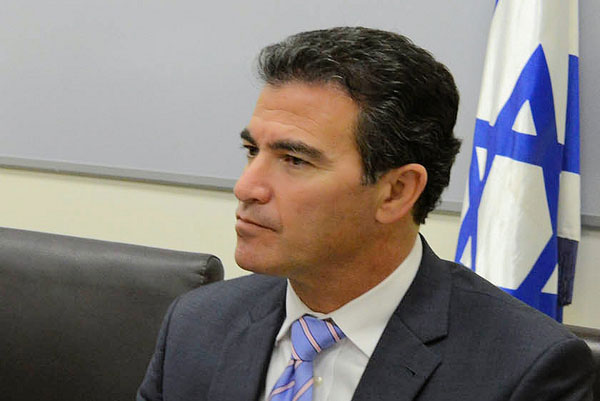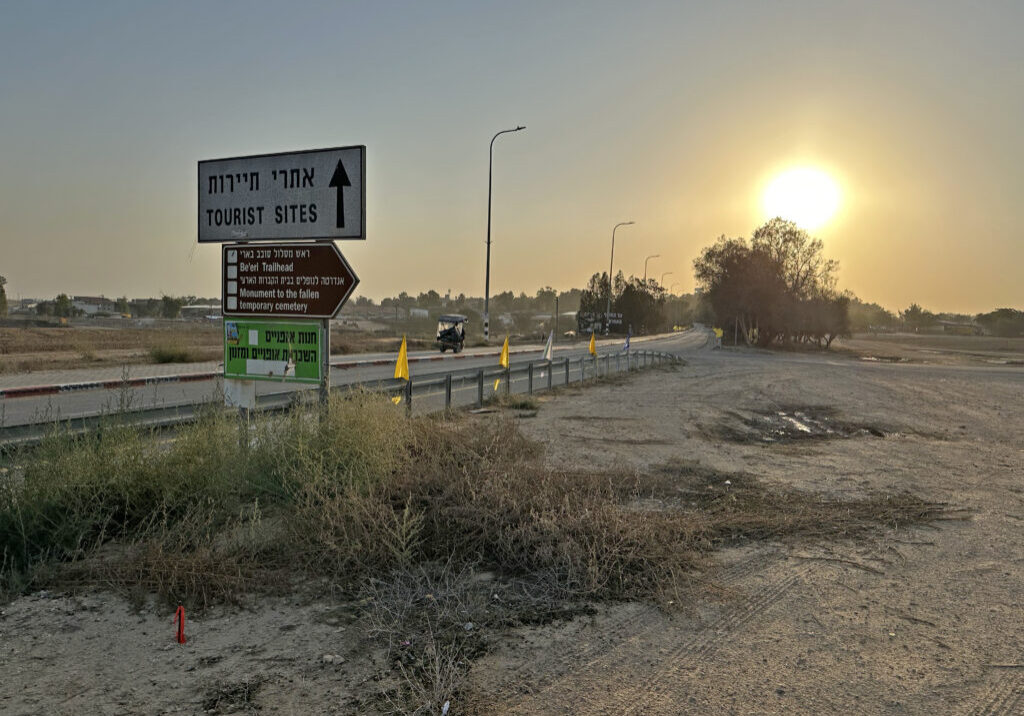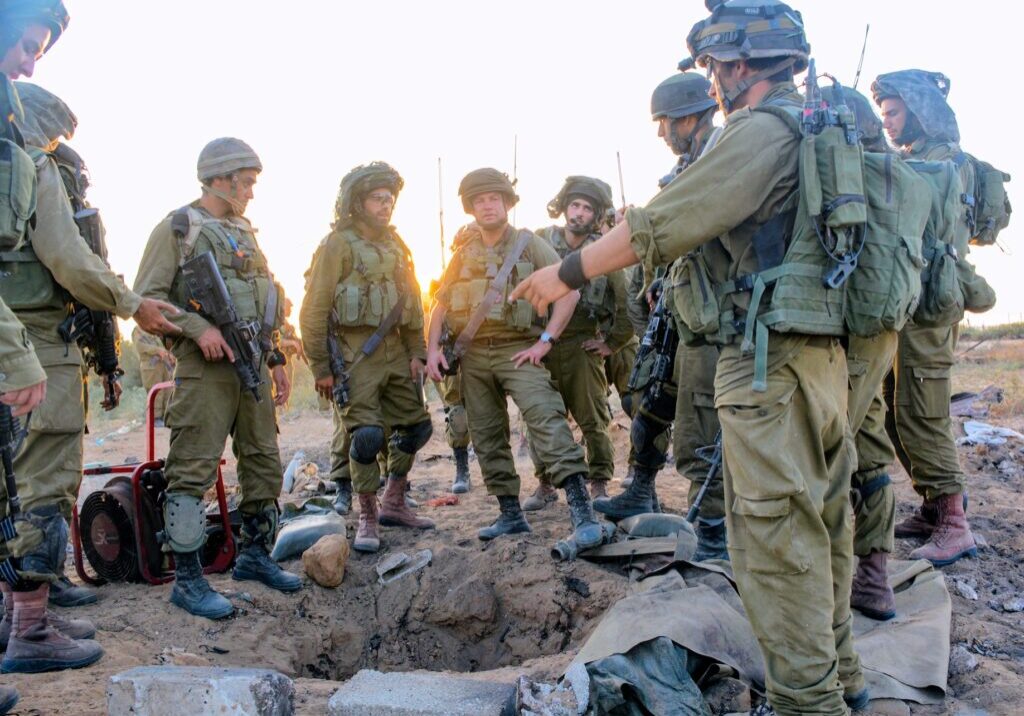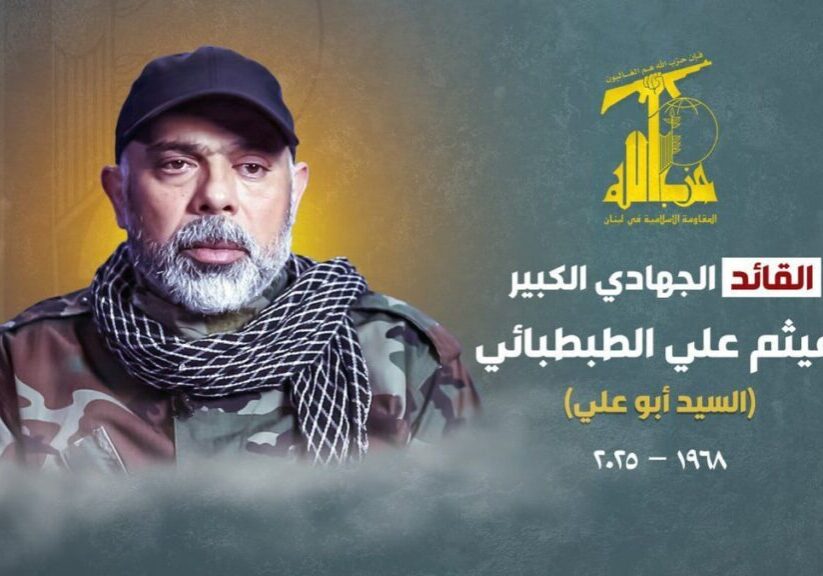Australia/Israel Review
No business like spy business
Dec 18, 2015 | Amotz Asa-El

Amotz Asa-El
Spying, which was practised even by the biblical Israelites as they journeyed to the Promised Land, has been turned by their modern descendants into a form of art, a wellspring of legend, but also a source of angst.
Now, while already grappling with a changing society’s resources and transformed battlefield’s demands, Israel’s leading spy agency is greeting a new leader while surrounded by regional upheavals, international plots, and an unfolding global war.
Even so, the new head of the Mossad, the 54-year-old Yossi Cohen, takes up his job with the future already unfolding, unlike his predecessor, Tamir Pardo. Pardo took office in the first week of 2011, when no one predicted Hosni Mubarak’s ouster five weeks later, much less the unraveling of the regional order that the Egyptian leader inherited and upheld.
Notwithstanding this circumstantial advantage, Cohen was appointed to deliver a combination of stability and initiative at a time of supreme uncertainty.
The Mossad – literally “the institution” and short for The Institution for Intelligence and Special Assignments – had ten leaders before Pardo, half of them former IDF generals and the rest professional spies.
Pardo was a crossbreed of sorts, having joined the Mossad after serving as an officer in the air-force commando unit Shaldag (“kingfisher”), and later returning to the IDF as an advisor with the rank of Brig.-Gen. before becoming head of the Mossad.
Cohen, by contrast, joined the Mossad at 22, soon after completing his military service as a regular paratrooper, and over the next 30 years climbed from junior officer to head of European operations, then head of Tsomet (“junction”), the department that directs all agents worldwide, and finally to deputy head of the Mossad overall.
Thus, Cohen’s acquaintance with this complex organisation is intimate, and his arrival at its helm should involve no turbulence. Unlike the generals who previously landed at the Mossad, he will not be in need of any briefing about what this agency does and how it works.
As a veteran of Mossad operations, unlike some of his predecessors whose expertise was in other departments, Cohen is expected to crave action. Then again, over the past two years he has undergone a diplomatic internship as Israeli PM Binyamin Netanyahu’s National Security Advisor.
In this capacity, Cohen was involved in contacts with the US, Egypt, Jordan and various Arab governments that have no formal ties with the Jewish state.
It is the kind of exposure that nurtures a kind of political sensitivity that lifelong spies do not always possess, and which in the Mossad’s case occasionally produced some scandals. Examples include the failed assassination attempt in Jordan of Hamas leader Khaled Mashal in 1997, which left King Hussein fuming, or last decade’s row with New Zealand following what it alleged was a Mossad attempt to illicitly obtain local passports.
While undergoing his diplomatic apprenticeship, Cohen fit well into Netanyahu’s circle.
Raised with his brother in the Jerusalem home of modern-Orthodox parents, the father a banker, the mother a teacher, he joined a group of the PM’s close advisors including ambassador to the US Ron Dermer, Foreign Ministry Director-General Dore Gold, Prime Minister’s Office Director-General Eli Groner, and Cabinet Secretary Avihai Mandleblitt, all of them observant Jews.
One might add to this Israel Police’s newly appointed Inspector-General, Roni Alsheich, who was Cohen’s classmate in a religious high school in Jerusalem, and also General Security Service head Yoram Cohen (no relation). Though he himself is no longer Orthodox, Yossi Cohen remains traditional, keeping kosher, observing the Sabbath, and sending his children to religious schools.
Just why Netanyahu collects religious aides is unclear, as he is personally quite secular. Some believe he reflexively trusts people from this background more than products of the secular elite, who are more likely to disagree with his hawkish foreign policy. In Cohen’s case, his upbringing was particularly relevant in this regard, as his father, Arieh, is a veteran of the Irgun, the underground organisation that fought the British Mandate under Menachem Begin’s command while competing with David Ben-Gurion’s Haganah.
This, then, is how Cohen landed in the position from which he is to direct Israel’s secret operations abroad. The task itself has never seemed more complex.
The Mossad’s tasks have changed dramatically in recent years. Cohen has said in a rare public appearance last year that Iran’s nuclear threat “must top” the national agenda, but that was before the deal between Teheran and the powers concerning Iran’s nuclear program. What he thinks in the deal’s aftermath is less clear.
In any event, Cohen’s Mossad will wage a major effort to scrutinise Iran’s nuclear activity and detect prospective violations of its commitment. At the same time, it may also be assigned with sabotaging the Iranian nuclear effort, as it reportedly did in the past when non-Israeli media attributed to it the killing of several Iranian nuclear scientists, and the disruption of nuclear installations via a destructive computer virus.
Meanwhile, the Iranian priority will be competing for attention with the Middle East’s multiple civil wars, where the Mossad is tasked with discovering and assessing the warring sides’ plans and prospects. It is a realm where Cohen will have to step carefully to avoid clashing with Military Intelligence.
Israel’s three main intelligence organisations generally divide their work so that the General Security Service, or Shin-Bet, oversees the West Bank and Gaza, Military Intelligence focuses on military activity along Israel’s borders, and the Mossad is everywhere else, including any country with which Israel has no formal ties.
While relations between the three agencies are much more harmonious today than they were in the past, overlaps and competition remain, particularly concerning Gaza.
Now the regional mayhem complicates this structure, as the Syrian side of the Golan Heights has become crowded with anti-Israeli antagonists that collectively call for the Mossad’s potential activity in a realm that until recent years was not on its radar.
Moreover, the past system of assignments distributed according to the activities of the governments that chequered the Middle Eastern atlas, are now as obsolete as those atlases. With post-colonial Iraq and Syria having all but disintegrated, and their successors yet to fully coalesce, Cohen’s task will be to learn in advance what might happen there, the way, for instance, the Mossad knew to warn in advance that the Shah of Iran was about to fall.
A major focus in this regard is Islamic State, whose guts are particularly difficult to reach.
The days when Israel had an abundant supply of native Arab Jews like the fabled Eli Cohen, who could penetrate undetected an Arab country’s political elite – in his case Syria’s – are gone. The youngest Arab-born Israeli Jews today are approaching retirement, and they too reached Israel as children.
That means that to penetrate Islamic State the Mossad must court less-enthusiastic Israeli Arabs; or Syrians, Iraqis, Kurds and Turks; or ISIS’s foreign business partners.
On the brighter side, the Mossad is today far better equipped technologically to snoop into its targets’ locations and eavesdrop on what they say. Then again, the target, too, has changed.
In the 1950s, the Mossad earned global admiration after obtaining a copy of Soviet leader Nikita Khrushchev’s top-secret speech to the Supreme Soviet where he denounced and disowned Stalin’s legacy. Tough as that penetration was, penetrating ISIS is even harder, even for the Mossad, because ISIS, in perfect contrast to the USSR, is a diffuse administration operating in a chaotic setting.
The battlefield, too, has changed beyond recognition. In the past, the Mossad focused on aspects of a prospective conventional war between Israel and its enemies, for instance when Eli Cohen visited and studied Syria’s outposts overlooking northern Israel, or when an Iraqi pilot was persuaded to land in Israel in 1966 with a Soviet-made MiG-21 fighter that no one in the West had ever seen from within.
Now, a war of the sort Israel and its neighbours fought in the past, pitting against each other armoured brigades and infantry divisions backed by artillery batteries and fighter jets, is no longer an immediate threat. Instead, the threats Israel faces are first and foremost about terror, both at home and abroad; missile attacks, from Gaza, Lebanon, Syria and Iran; and an Iranian non-conventional attack.
This means that the Mossad can in forthcoming years focus on seeking cooperation with anyone challenged by Islamist terror, from Russia, Nigeria and Saudi Arabia to Turkey, Indonesia and China, offering highly sought after intelligence, know-how, and cooperation.
Things have also changed in the sense that there is no oppressed Jewish community anywhere in the world today that requires the kinds of airlifts the Mossad organised from Iraq and Yemen in Israel’s first years and from Ethiopia in 1991; or the kinds of seaborne exoduses it arranged in the 1960s from North Africa; or the kinds of clandestine contacts it maintained with Soviet Jewry when they had yet to be freed.
This is not to say that yesteryear’s landscapes and tasks are altogether gone.
Having once deployed 67 people to kidnap Adolf Eichmann in friendly Argentina, and then whisk him undetected and unscathed halfway around the globe, the Mossad will continue pursuing the enemies of Israel and the Jewish people anywhere on the face of the globe.
However, with the entire world now focused on Islamist terror following the attacks in Paris and California, and with ISIS nesting hardly half-an-hour’s flight from Tel Aviv, Yossi Cohen’s Mossad will be mostly busy with, and ultimately judged by, its performance opposite Islamist violence’s two poles: the Sunni, in Syria and Iraq, and the Shi’ite, in Iran.






